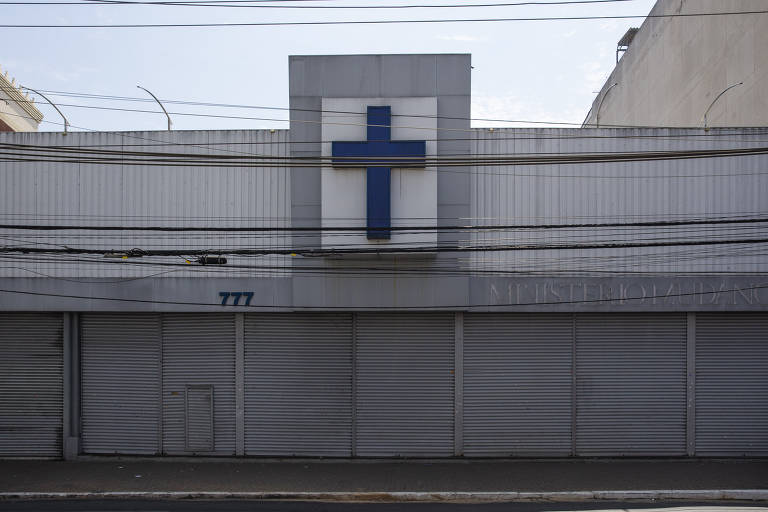A new study found that the number of evangelicals in Brazil grows in times of crisis, and this leads to the election of candidates linked to these denominations. The study analyzed data from 1991 until today.
A simulation by the authors at Folha's request shows that rising unemployment and falling incomes in the areas affected by the economic shock explain the expansion of around 1.3 million Pentecostal and neo-pentecostals from 1991 to 2000.
In that decade, the whole evangelical flock doubled to 26.2 million. Politicians who identified with this segment benefited and, according to the study, this led to more bills on issues like opposition to abortion and gay marriage.
Researchers also see similarities to the massive evangelical vote in Jair Bolsonaro, who, during his campaign, approached this group at a time when Brazil was beginning a slow economic recovery following a severe recession.
Translated by Kiratiana Freelon
